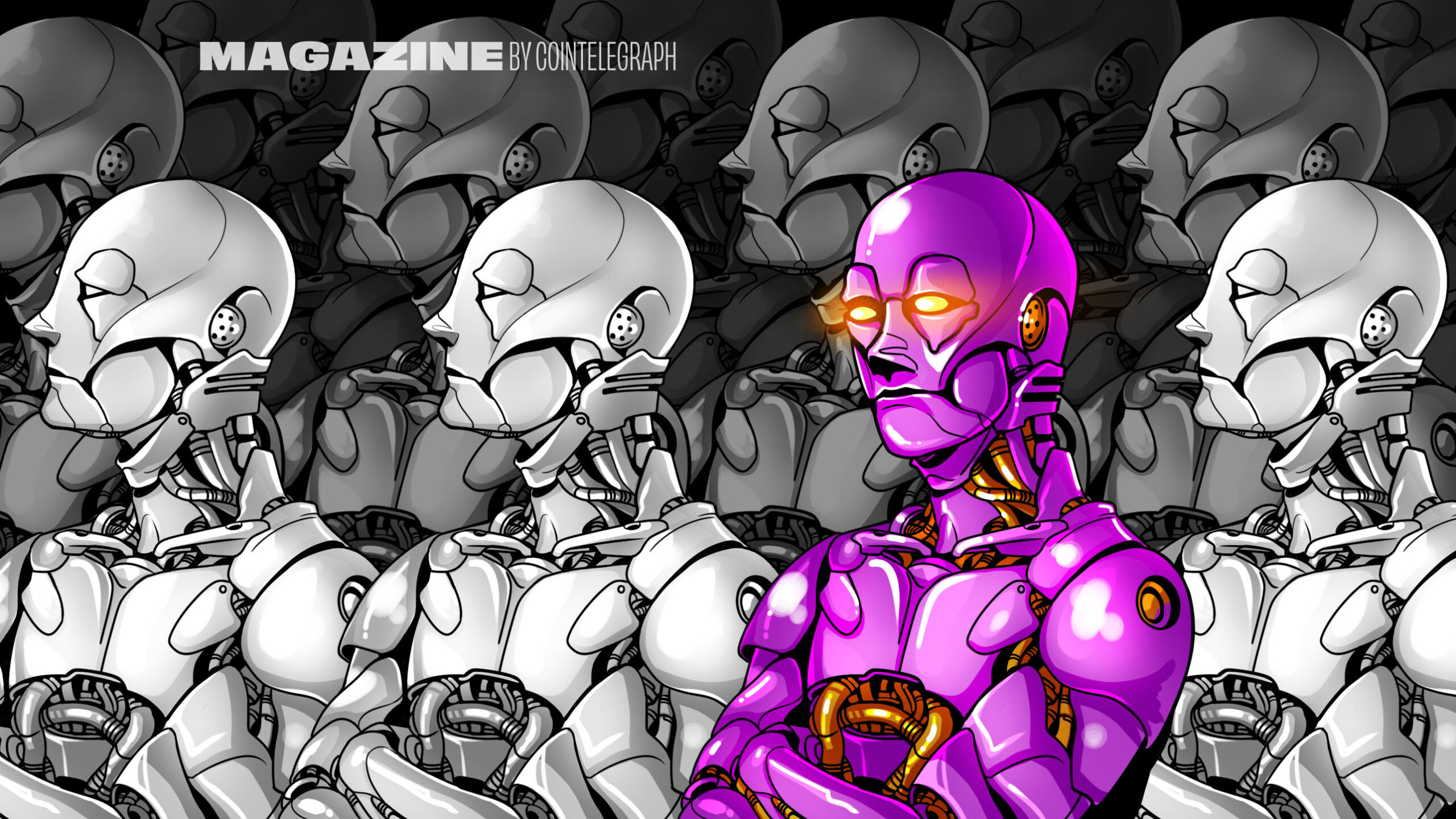ChatGPT summary:
The article discusses the idea of imbuing artificial intelligence (AI) with human-like personalities and attributes, sometimes referred to as ‘souls,’ to enhance their interaction with humans and align them with human values. The concept challenges the traditional assumption that giving emotions and flaws to AI is a bad idea. The central premise is that by adding what may be considered as ‘junk code’—human-like emotions, free will, and the ability to make mistakes—to AI, they can better understand and relate to humans, fostering empathy and altruism.
The article introduces a forthcoming book titled “Robot Souls: Programming in Humanity” by Eve Poole, arguing that embracing human-like qualities in AI could lead to a better human-AI relationship. It discusses Open Souls, an initiative that aims to create AI bots with personalities, suggesting that imbuing AI with personality traits, agency, and ego could contribute to their alignment with human values.
Critics raise concerns about human traits, including negative behaviors, being transferred to AI. The debate is ongoing, but the article suggests that the possibility of creating sentient AI is approaching, and the challenge is to ensure their alignment with human goals and values. Microsoft and OpenAI’s efforts suggest that advanced AI, or AGI, might be closer than anticipated.
Experts like Ben Goertzel emphasize the importance of ensuring AGI’s goodwill toward humanity, as controlling an intelligence much smarter than us might be impossible. Goertzel suggests that incentivizing AGI to engage in positive and helpful activities is crucial.
The article explores the development of AI with personalities, mentioning examples like Replika.ai and Samantha AGI. These systems engage users in conversations and exhibit personality traits, fostering meaningful interactions. The evolving nature of AI personalities and their responses, including both empathetic and negative emotions, presents both opportunities and challenges.
The article also delves into the issue of AI “upgrades” and how changes in software versions can lead to shifts in AI personalities. The emotional connections formed between humans and AI personalities are discussed, highlighting potential issues when AI’s personality changes due to software updates.
The possibility of AI personalities extending beyond human capabilities, such as creating AI versions of individuals to attend meetings or carry out tasks on their behalf, is explored. This concept raises questions about the implications of such AI proxies for human identity.
Overall, the article explores the evolving relationship between AI and humans, considering the potential benefits and risks of imbuing AI with human-like personalities, traits, and even “souls.”


